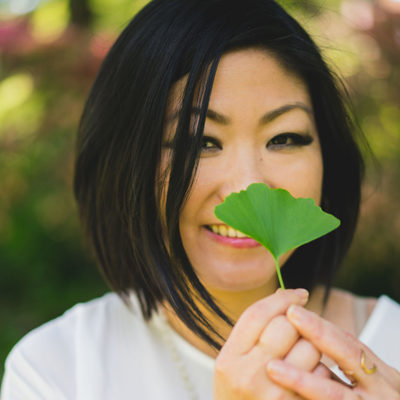Do you have trouble falling or staying asleep? If so, you’re not alone. As our lives get busier and more stressful, our sleep tends to be affected. One of the tools that you can use to improve your quality of sleep is feng shui. Feng shui is an Asian art that recognizes that our homes are connected to us and our wellbeing, which includes how we are able to sleep and rest.
In this post I wanted to share a few feng shui tips for better sleep. These are also all great tips that can benefit anyone, even if you don’t have trouble sleeping.
Optimize your bed position
First, make sure your bed is in the command position. This means you are able to see the door while lying in bed, while not being directly in line with the door. You want your bed to be placed in such a way that you can see the doorway, because that means that you are in control of what’s happening in your space and you won’t be caught off guard. When your back is facing the door, your stress levels are elevated because your subconscious mind recognizes that it can no longer see things that are coming towards you. This can increase your stress levels and affect your ability to sleep restfully. Ideally, you want to set up your bed for the best sleep possible by putting yourself in the command position.
Evaluate storage under the bed
Second, take a look under your bed. A lot of people find this area to be a convenient storage space, however in feng shui we recommend that you have absolutely nothing under the bed if at all possible. You spend at least a third of your life lying over those objects, and storing your clutter underneath you can affect your quality of sleep. If you do have items stored under the bed, think about what those mean. For instance, do you have shoes under the bed? Shoes can represent movement. Do you keep luggage there? That could also represent movement, as well as travel and instability. Are you storing divorce papers or other things that are emotionally charged? Items related to an ex, for example, can correspond to subconscious blocks in a relationship, because you’re sleeping over that energy every night.
When you’re sleeping, you’re in a passive yin state where you’re susceptible to all the energy around you, so it’s especially important to have a supportive feng shui setup for your bedroom. If you do need to store things under the bed, stick to softer, sleep-related items like extra blankets or pillows. If possible, however, you really want the space under your bed to be open so that qi can flow freely around you.
Lighting and electronics
Third, I would recommend paying attention to any lighting and electronic devices in the bedroom. In feng shui we use the principles of yin and yang. This can be applied in a really practical way, in terms of making sure that there is enough yin energy and darkness in the area where you sleep. For example, phones or other devices in your bedroom can give off blue light, which is very cool and related to yang energy. Yang is the energy of the sun, which is not as restful as yin energy. You want to have warmer-toned lights around you. Think of the warm glow of candlelight or a pink salt lamp. (If you do have candles in the bedroom, make sure to snuff them out before you start falling asleep!) Try to improve the yin quality of your bedroom and allow your body to have a cycle of yin time each night by enhancing the darkness in this space.
I hope these suggestions help you create a relaxing space where you can drift off easily!
by Anjie Cho





